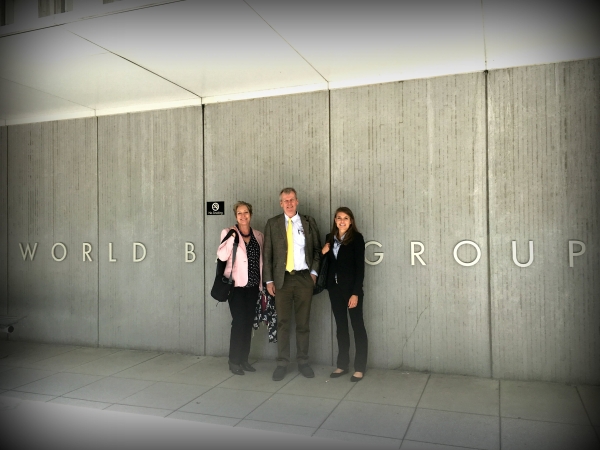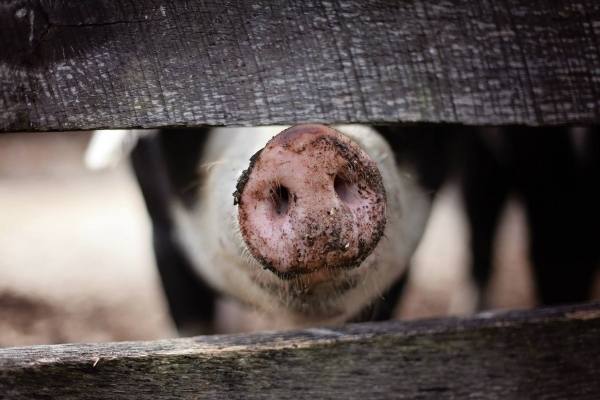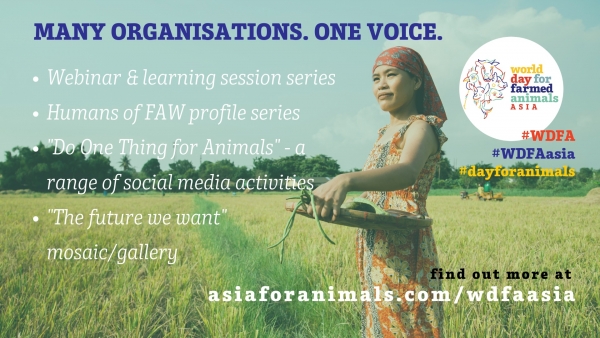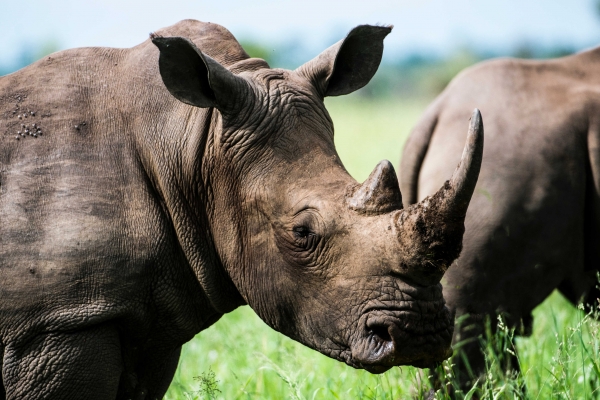| Headquarters: |
Washington, DC, USA
|
|
|
| Website: | http://www.worldbank.org/ | ||
| Description: | The World Bank Group is a global partnership of five institutions working for sustainable solutions that reduce poverty and build shared prosperity in developing countries. | ||
| Summary: |
The World Bank Group consists of five organizations. The most relevant of these for APOs is the International Finance Corporation (IFC), which is the largest global development institution focused exclusively on the private sector. The IFC helps developing countries by financing investment, mobilizing capital in international financial markets, and providing advisory services to businesses and governments. |
||
| Organization Type: | International Financial Institution | ||
| Issue areas covered: | General/Broad Focus, Farmed Animals, Fishing, Education, Health, Environment/Natural Resources, Food Policy | ||
| Key opportunities and dates for input: |
|
||
| Advocacy Opportunities: | |||
Other important possibilities include:
|
|||
- Home
- Directory
-
Our Programs
-
Strategic Advocacy Course
- Collaborations
- Humane Education
- International Policy
-
Model Animal Welfare Act
- Get the Book!
- Contents
- Part 1: Guiding Principles - A Broad Overview
- Part 2: Proposal for the Wording of a New Animal Welfare Act
-
Part 3: Explanatory Notes
- Notes to Chapter 1: Preliminary Provisions
- Notes to Chapter 2: General Provisions
- Notes to Chapter 3: Keeping of Animals/Care of Animals
- Notes to Chapter 4: Specific Categories of Animal Use
- Notes to Chapter 5: Implementation and Enforcement Provisions
- Notes to Chapter 6: Penal and Final/Concluding Provisions
- Constitution Project
-
Strategic Advocacy Course
-
Resources
- Events
- About Us
- Blog
From the Blog
-
The World Federation for Animals: A New Chapter for World Animal Net +
 In 2013, I joined World Animal Net (WAN) alongside Akisha… Read More
In 2013, I joined World Animal Net (WAN) alongside Akisha… Read More
-
Launching an "Animals' Manifesto" for World Animal Day +
 World Animal Net has brought together animal protection and environmental… Read More
World Animal Net has brought together animal protection and environmental… Read More
-
Join Asia for Animals in celebrating World Farmed Animal Day +
 World Day for Farmed Animals Asia is on October 2nd… Read More
World Day for Farmed Animals Asia is on October 2nd… Read More
-
COVID-19 and the Development of the New Global Biodiversity Framework +
 The Convention on Biological Diversity (CBD) is an international agreement… Read More
The Convention on Biological Diversity (CBD) is an international agreement… Read More
- 1


